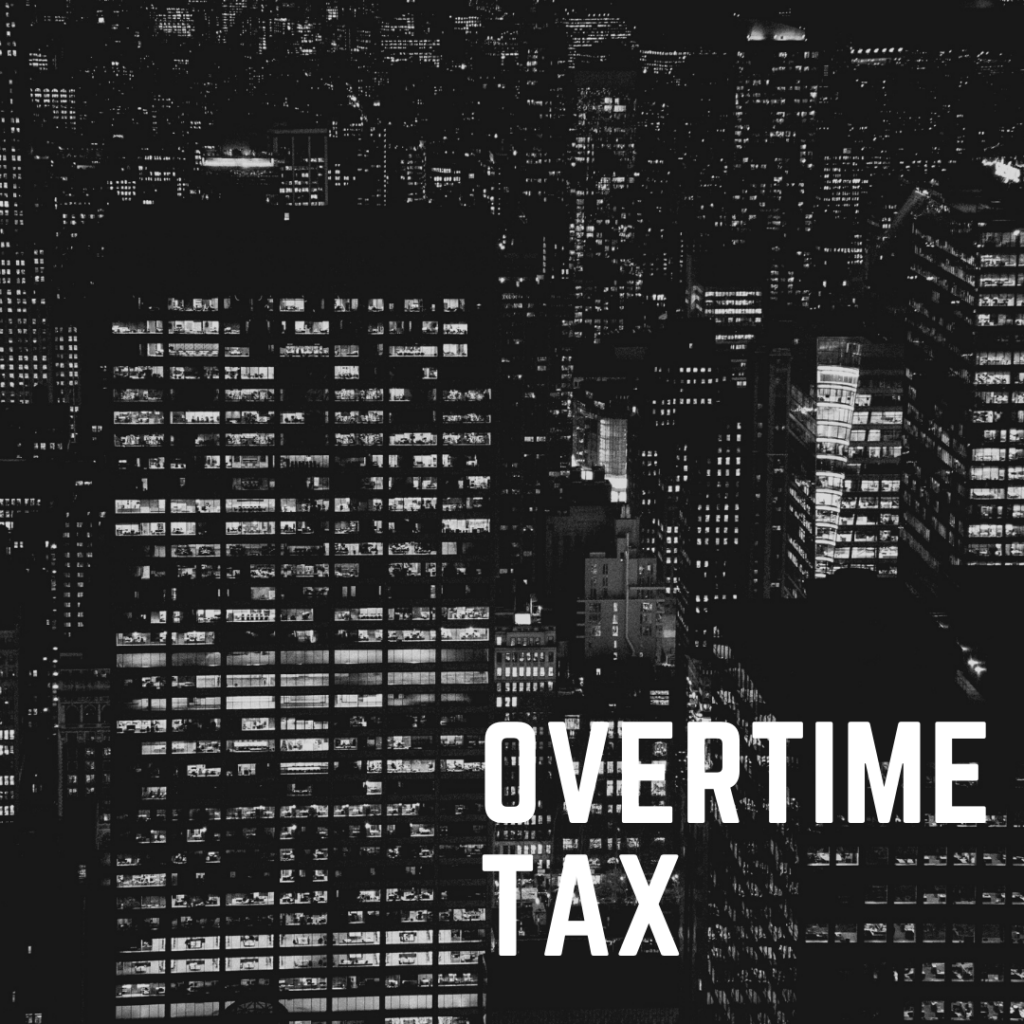
Fiscal Responsibility
Governing with fiscal responsibility requires that elected officials take the smallest amount of money possible in order to provide core government functions that the private sector cannot or is unable to provide. Government funding doesn’t exist; our state budgets are filled with money taken by the government from the earnings of taxpayers. Alabama’s statewide elected leaders and legislators should see cutting wasteful and duplicative spending as one of their primary representative responsibilities.
Budgets
Alabama lawmakers bear the responsibility of stewarding more tax dollars than ever before in the upcoming Legislative Session. With a multi-billion dollar surplus in hand, legislators should be spend their time searching for ways to return that money to its rightful owners: the taxpayers. This historic budget surplus follows on the heels of an unprecedented period of growth in Alabama state budgets and governmental spending. Lawmakers should spend 2023 seeking conservative policy solutions that lower the tax burden of Alabamians while reducing the size and scope of state government.
Alabama’s Bifurcated Budget Process
Alabama utilizes what is known as a bifurcated budget process, meaning that the state has two separate operating budgets: one for education, the Education Trust Fund, and one for all other state government activities, the State General Fund. Alabama is one of just three states that funds most government activities without a unified budget.
Alabama Earmarks More Revenue Than Any Other State
Another unusual aspect of Alabama’s budget process is that over 90% of state revenues are earmarked, meaning that the use of those funds are mandated through the Alabama Constitution or by state law. According to the National Conference of State Legislatures, on average, nationwide states earmark less than 25% of government revenues.








